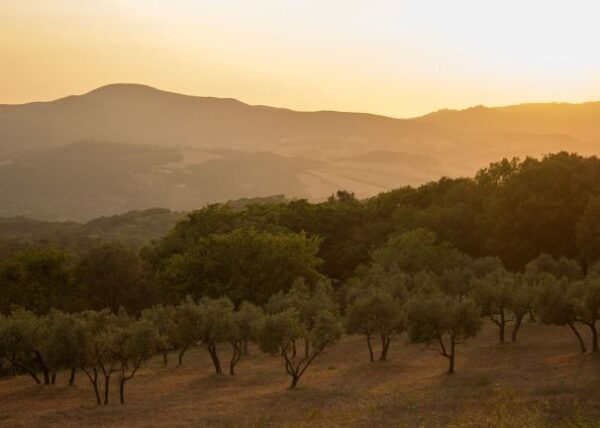
Olive harvesting by hand or by machine – what producers say
Il circolo is a small traditional olive oil producer. Our olives are still picked by hand and that is quite
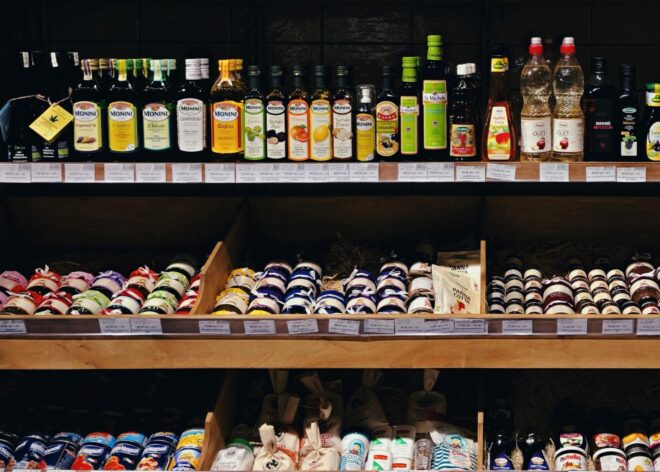
The variety and price differences of the olive oils on offer do not make it easy to choose a good olive oil. Even though one can usually rely on the reviews of institutions when buying, their assessments of extra virgin are sharply criticised (1). Contrary to what is often suggested, it is not about individual brands. Rather, you should pay attention to a few simple things when buying. We give you a few simple tips that will help you find good extra virgin olive oil.
Literally translated, extra virgin means that the olive oil is natural (virgin) and of a particularly high quality (extra). An olive oil of the highest quality, i.e. “extra virgin olive oil”, must bear the following information on the label: “First quality – obtained directly and exclusively by machine from olives”. For this highest quality grade, the olives must be processed within a few hours of harvesting and the acidity must not exceed 0.8%. In addition, the olives must be pressed “cold”, i.e. at a temperature of less than 27 degrees Celsius. Furthermore, the olive oil may only be extracted from the olives by machine. A chemical process for extracting olive oil is not permitted. il circolo olive oil belongs to the category of extra virgin olive oils and we are proud of this. We advise everyone not to settle for lower quality. Your body and the dishes you prepare deserve the best.
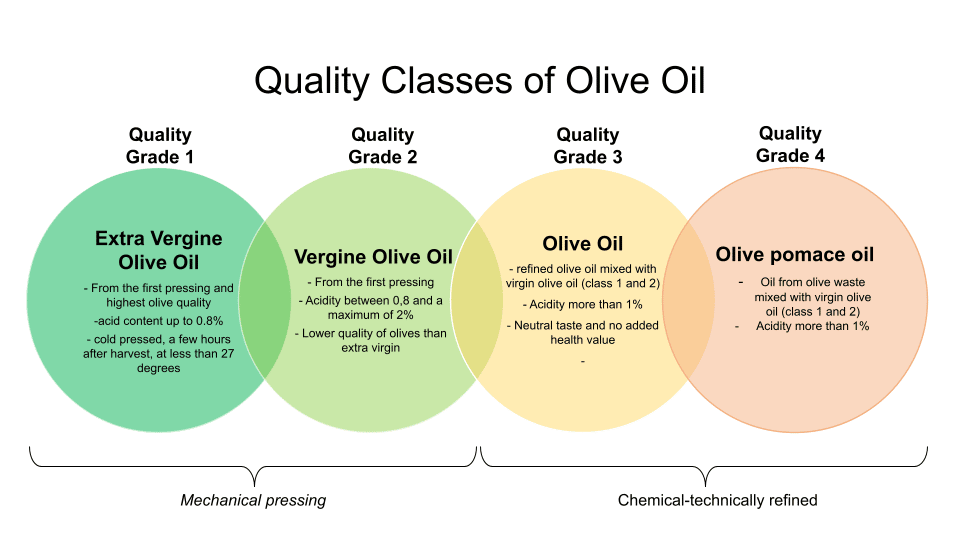
Although the term ‘extra virgin’ is already a good indicator of higher quality than, say, virgin olive oil, there are still miles of difference between the various extra virgin olive oils. So to make a choice for a particularly good olive oil, you can look for other labels, such as the DOP or EU organic label.
Good olive oil can be bought (online) directly from the producer or from a gourmet or specialist shop. Olive oil sold in supermarkets cannot really be compared in taste and quality. The reason for this is that supermarkets buy from wholesalers or producers who often produce on a large scale to guarantee delivery to the supermarkets. Websites of olive oil producers or specialised shops often provide important information on production and inform about other relevant criteria. Thus, when looking for a great extra virgin olive oil, it is recommended to go to producers or specialised shops.
The harvest date must be indicated on the label of extra virgin olive oil. Properly stored, olive oil will keep for 1-1.5 years without losing much of its flavour and good qualities. Nevertheless, the fresher the oil, the more aromatic it is. Therefore, when buying, make sure that you always buy olive oil from the last harvest season.
An extra virgin olive oil of really high quality, produced sustainably and fairly, can hardly cost less than 10 euros per litre. Therefore, the low prices for olive oil in the supermarket should raise many questions. Have people and the environment been exploited for this? Am I doing something good for my body and health with this oil?
A good and fresh olive oil smells fruity and tastes pleasantly sharp and bitter (pure, not necessarily as an ingredient). These are signs of freshness and a high polyphenol content (antioxidants). Olive oil changes with time, loses pungency and bitterness and becomes flat. Many have never tasted good fresh olive oil and are often surprised when they do. “You may or may not love these bitter and pungent notes of a fresh olive oil, in any case they are a sure indicator of the health of an oil!” ((2), S. 82)

The more information the producer gives about the olive varieties used, the more likely it is that the origin of the olive oil can be traced. Many connoisseurs describe a single-varietal (mono cultivar) extra virgin olive oil as particularly aromatic, and indeed each olive variety has its own flavour. Some single-varietal olive oils therefore go particularly well with certain dishes.
Curious about extra virgin olive oil? Then you’ve come to the right place. You can find organic extra virgin olive oil and deliciously flavoured olive oil in our webshop. We import the olive oil ourselves from Sicily and can therefore guarantee the best quality. Take a look at our webshop and get to know our products!
Sources:

Il circolo is a small traditional olive oil producer. Our olives are still picked by hand and that is quite
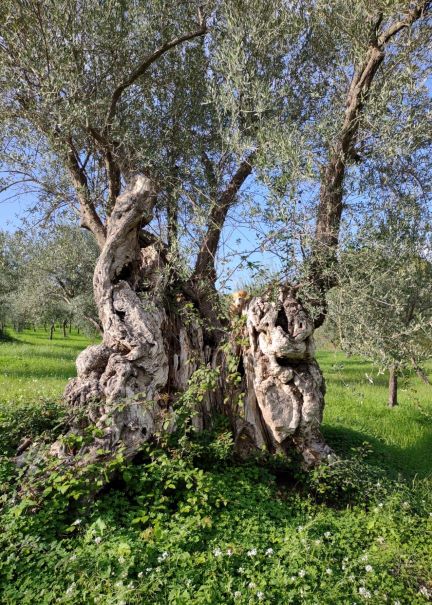
“The olive tree is much more than merely a tree with a gnarled trunk; it is the emblematic embodiment of
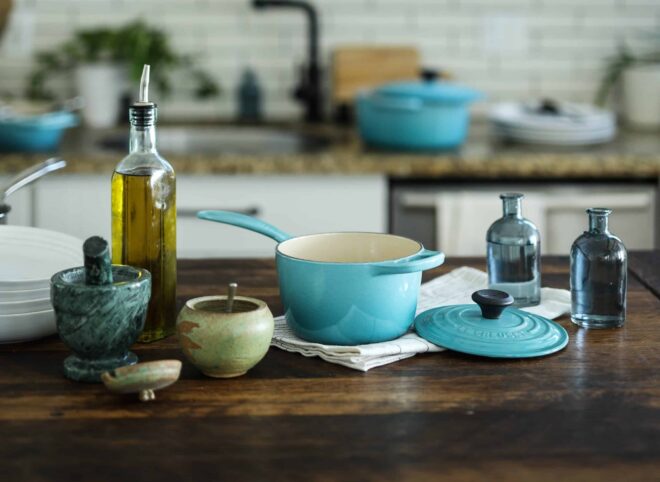
It is impossible to imagine cooking without olive oil. Although people in the North also cook a lot with butter,

il circolo V.O.F.
Tacituslaan 7
3584AP Utrecht
Netherlands
[email protected]
tel: +31 (0)6 42254141
KvK/HRB: 74704257
BTW/MwSt: NL859998502B01
5 euro discount on your next purchase?
Sign up for our newsletter with tasty recipes and interesting background stories about il circolo olive oil and receive a discount code for yourself and your friends (displayed after email confirmation).
This website uses cookies so that we can provide you with the best user experience possible. Cookie information is stored in your browser and performs functions such as recognising you when you return to our website and helping our team to understand which sections of the website you find most interesting and useful.
Strictly Necessary Cookie should be enabled at all times so that we can save your preferences for cookie settings.
If you disable this cookie, we will not be able to save your preferences. This means that every time you visit this website you will need to enable or disable cookies again.